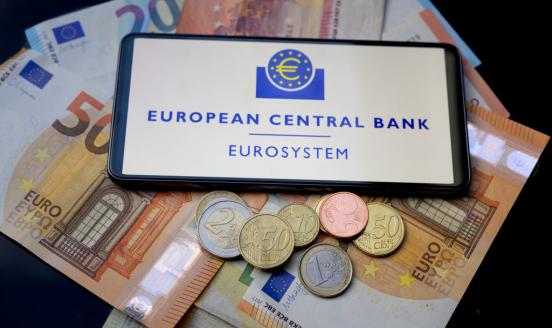The financial fragility of European households in the time of COVID-19
The concept of household financial fragility emerged in the United States after the 2007-2008 financial crisis. It grew out of the need to understand

• The concept of household financial fragility emerged in the United States after the 2007-2008 financial crisis. It grew out of the need to understand whether households’ lack of capacity to face shocks could itself become a source of financial instability, in addition to risks to the stability of banks and the greater financial system. The concept goes beyond assessing the level of assets and encompasses the state of household balance sheets, including indebtedness. It relies also on individual perceptions of the ability to rely on families and friends and other methods to deal with shocks, though such aspects are less easy to measure and rely frequently on self-assessments.
• In the wake of COVID-19, we ask how well-prepared households were in the European Union (including the United Kingdom) to handle an unexpected expense. Two years before the pandemic hit, a substantial share of EU households reported that they would be unable to handle unexpected expenses. In some EU countries, many households had savings equivalent to just a few weeks of basic consumption.
• We find that one in three EU households is unable to meet an unexpected shock during regular times, let alone during a pandemic. COVID-19-related support measures put in place across the EU are intended to provide economic help to those households where members have lost jobs or face a severe reduction in income. However, in a number of countries where one in two households was already fragile – typically countries that are already economically weaker – state help is likely to be smaller and shorter-lived. Policies that increase financial resilience in structural ways will become necessary in the future.
• Such policies include financial education programmes in the workplace or initiatives to promote financial resilience among households directly. There are many examples of such policies put in place worldwide that aim to increase structurally the level of financial preparedness and financial literacy. The latter is shown to correlate strongly with financial resilience.
• Our evidence also shows that there are major differences between EU countries in term of financial fragility. This points to different degrees of urgency and also to the need for different policies to promote financial resilience. However, to the extent that financial fragility is a source of financial instability, there is a case for monitoring such indicators at the European level, for example by including a measure of financial fragility in the European Semester as part of the monitoring of Macroeconomic Imbalances Procedure indicators.
Recommended citation
Demertzis, M., M. Domínguez-Jiménez and A. Lusardi (2020) ‘The financial fragility of European households in the time of COVID-19’, Policy Contribution 2020/15, Bruegel



